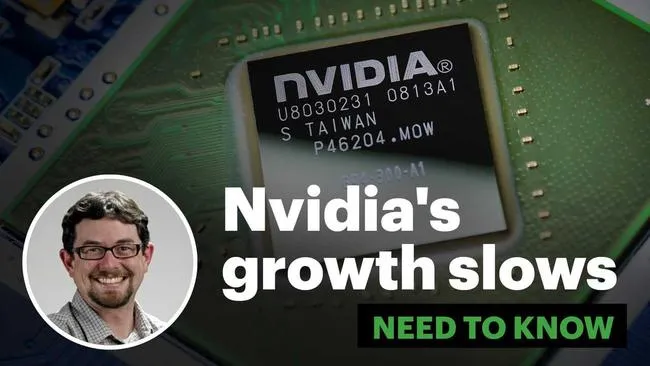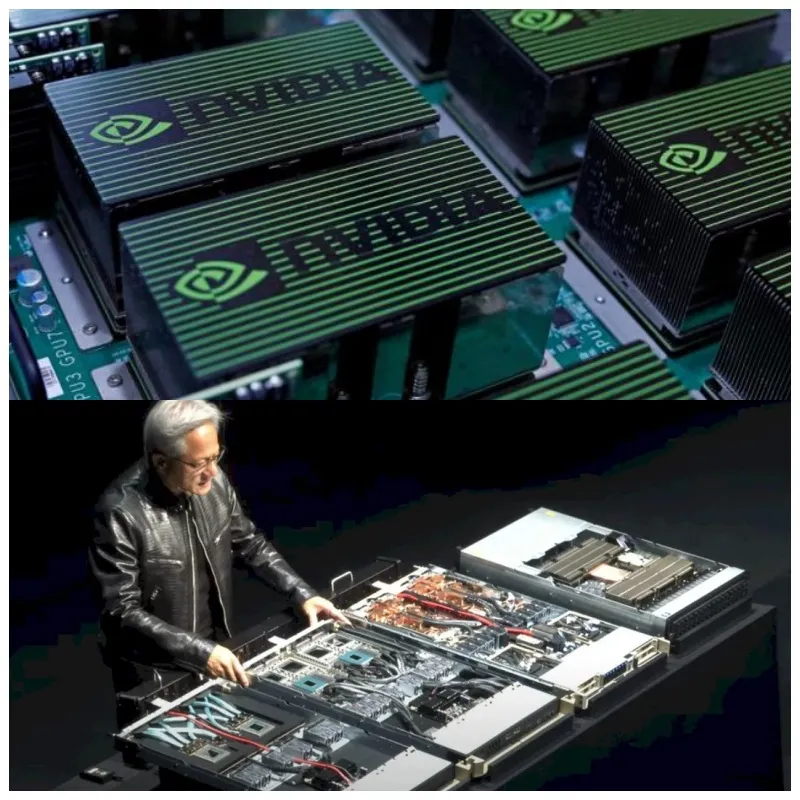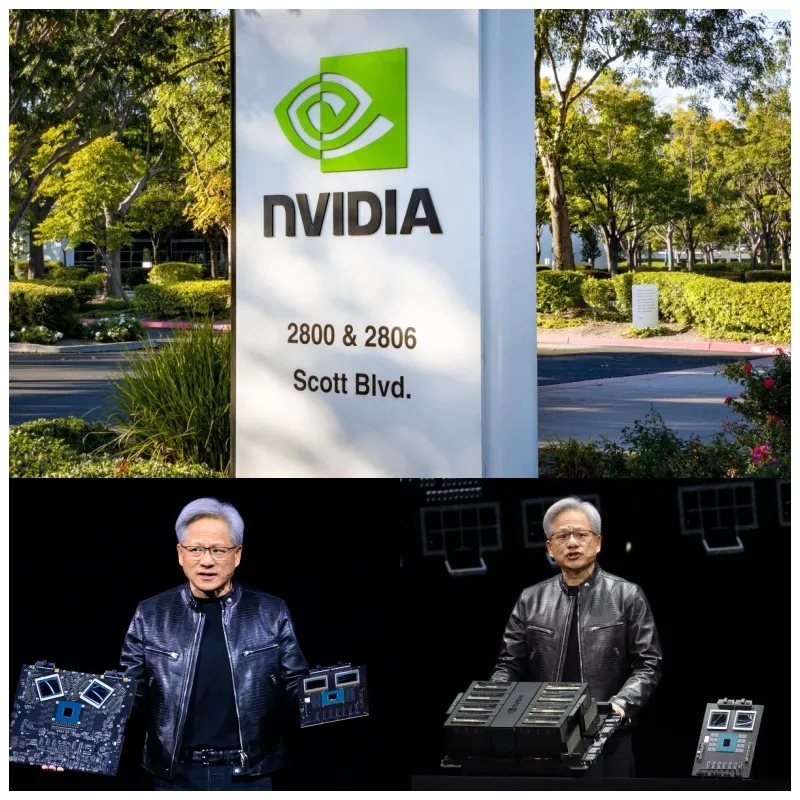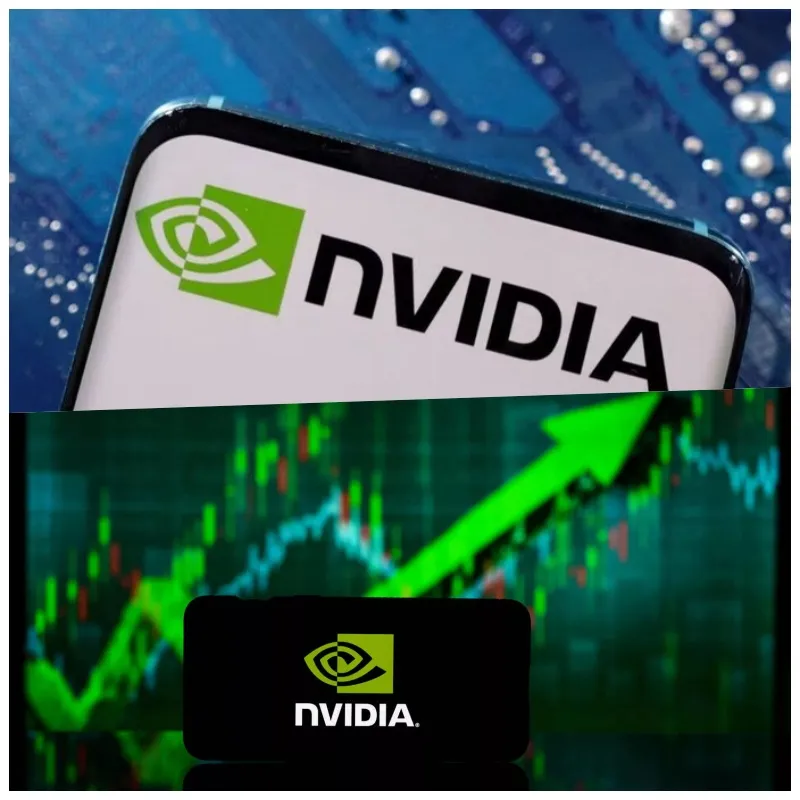
Nvidia, the world’s most valuable chip designer, is now facing legal challenges and concerns about its ability to sustain its remarkable growth. After a period of explosive development driven by the AI revolution, Nvidia’s trajectory appears to be slowing down.
DOJ Investigation into Antitrust Violations
The U.S. Department of Justice (DOJ) has issued subpoenas to Nvidia and several other companies, investigating potential violations of antitrust laws. The DOJ’s inquiry focuses on whether Nvidia has been using its dominant market position to pressure companies that choose to switch to other suppliers, potentially taking punitive measures against those that don’t buy its AI chips.
Although the DOJ declined to comment, Nvidia responded to CNBC, stating that it “wins in the market through value, demonstrated by benchmark results and the solutions it delivers to customers.” The company emphasized that customers always prioritize the options that best suit their needs.

Nvidia’s Dominance in the AI Chip Market
Nvidia has come under regulatory scrutiny largely due to its significant influence in the AI chip market. As the leader in AI chip sales, the company holds more than 80% of the market share for data center AI chips. This dominance has resulted in Nvidia’s sales doubling each quarter, surpassing competitors like Intel.
In early August, The Information reported that the DOJ had opened a formal investigation into allegations that Nvidia abused its market position. The DOJ is specifically looking into whether Nvidia pressured data center service providers to purchase its AI chips in bulk, such as the A100, H100, and HPC GPUs. Additionally, the investigation includes claims that Nvidia inflated prices and delayed deliveries for customers who also sourced AI chips from rivals like AMD and Intel.

Nvidia’s Stock Market Decline
Nvidia’s challenges aren’t limited to legal battles. The company’s stock, which had experienced tremendous growth, took a significant hit recently. On September 3, Nvidia’s stock dropped 9.5% in a single day, erasing nearly $300 billion in market capitalization. This was Nvidia’s worst trading day since March 2020.
Despite the downturn, Nvidia’s financial performance remains strong. In its latest earnings report, the company posted a 122% increase in revenue compared to the same quarter last year, with AI chips and data center sales surging by 154%, driven by the global AI frenzy. However, this impressive growth wasn’t enough to satisfy investors, who had grown accustomed to Nvidia exceeding growth rates of over 200% in recent quarters.

“The Train is Slowing Down”
Industry experts believe that Nvidia’s rapid expansion may have reached its peak. Luke Rahbari, CEO of Equity Armor Investments, remarked, “The train is slowing down. They grew too fast. For many quarters, Nvidia exceeded analysts’ expectations, but now the company can’t maintain the explosive growth it had previously achieved.”
Similarly, Ben Barringer, a technology analyst and CEO of Quilter Cheviot, stated that while demand for AI chips and data center technologies remains robust, Nvidia’s momentum appears to be tapering off. “Nvidia is now in ‘good growth’ mode, rather than the ‘great growth’ it had been experiencing,” Barringer commented.
As Nvidia navigates legal challenges and slowing growth, the company faces critical decisions regarding its market strategies. While its position as a leader in AI chip design remains secure, the combined pressure from regulatory investigations and fluctuating stock performance signals that Nvidia’s period of hypergrowth may be coming to an end.






